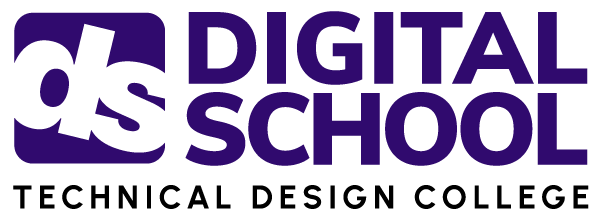As our world is changed by technology, how do we ensure our ethics keep up with the pace of technological change? For engineering design technology professionals, a code of ethics must be upheld within working relationships, among teams, and with stakeholders. These standards make sure building, infrastructure, and design technology projects are completed with honesty and integrity.
When you make an investment in your future career through training, reflecting on ethics will be part of your journey. How do your personal ethics connect to your career? Why are ethical standards important to engineering design technology? Keep reading to consider these questions and how you can create a professional community of belonging by upholding ethical standards for yourself and your career.
How to Define Ethics
Ethics is typically defined as the guiding principles or rules that tell you how to behave, and an individual’s ethics are usually shaped by their beliefs, values, and experiences. In the workplace, people and professional associations have developed ethics, which are meant to guide and standardize practices among members of a profession, or employees of a company. These are typically expressed as policies or codes.
The particular ways in which ethics apply in a workplace or throughout a career in engineering design technology will be affected by the specific tasks, goals, and interactions of that workplace. However, there are core tenets that tend to be important to ethical codes. These include acting honestly, with integrity and respect, and being accountable. These refer to how co-workers act toward one another as well as how a company interacts with clients and the public.
Why Is It Important?
In an engineering design technology program, you will have hands-on experiences and understand the significance of ethics for your career. When you work with engineering firms, architectural offices, or within BIM and CAD workgroups, you will often find yourself connected to projects that have a real-world impact on many people.

Ideally, professional ethical guidelines create a mutually beneficial environment for employers, employees, co-workers, and their clients or other organizations. With clear ethical guidelines and policies, collaborators and stakeholders know what to expect from one another. Similarly, the general public and clients can be assured of high standards of work from the engineering design technology profession.
Additionally, organizations that clearly encourage and uphold ethical workplace culture have been found to be more financially successful and have employees who are more motivated, making them more productive.
Ethics and Technology
When you learn BIM and understand its capabilities to connect professionals from multiple disciplines, the need for common ethics will become even clearer. Why? Within one BIM model, there are several dimensions of data. Several professionals contribute specialized knowledge from architectural designs to construction schedules and materials, to cost information, and more. By having a clear set of guidelines and principles that everyone follows together, projects can maintain a high standard of ethics.
As BIM and other technologies grow in usage in the engineering design technology profession, questions with regards to ethics will continue to need to be addressed. As you explore your creativity and develop technical abilities, your respect for ethics will be integral to a long-lasting career.
Ready to transform your passion into a profession?
Your career awaits.



